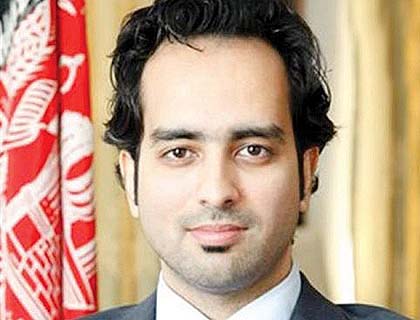KABUL - The Karzai administration, contradicting media reports, on Sunday denied the United States had taken it on board on increasing drone strikes in Afghanistan.
US military officials have said armed drones would continue to fly over Afghanistan even after the 2014 pullout of combat troops.
The United Nations’ mission in Afghanistan (UNAMA) says the number of drone strikes rose quite sharply in 2012 to 506, compared to 294 the year before. Tallies kept by the US air force also reflect an increase: 494 weapons released by drones in 2012, compared to 294 in 2011.
UNAMA has also reported 16 civilian deaths as a result of drone warfare in Afghanistan in 2012, as opposed to a single casualty in 2011.
Asked for comments, President Karzai’s spokesman Aimal Faizi told Pajhwok Afghan News that the increase in drone attacks was a serious issue.
“We haven’t yet held negotiations with the US in this regard. Such decisions and plans should be finalized in consultation with the Afghan government,” he believed.
President Karzai has already barred Afghan forces from requesting NATO air support during operations in residential areas. The presidential orders came hard on the heels of 10 civilian deaths during a coalition airstrike in Kunar province.
Faizi made clear the Bilateral Security Agreement (BSA) with the US would not allow foreign troops to conduct unilateral air or ground operations in the country.
He said considerable progress had been made but the deal was yet to be concluded. However, he hoped the pact would be finalized soon and placed before the consultative Loya Jirga next month.
Faizi described the ongoing Afghan-led peace process as a complicated issue, involving not only insurgents but also a number of foreign countries. He suggested talks with the countries that were part of the process.
The spokesman said Pakistan had an important role to play in the peace drive, because the fighters had training centers and sanctuaries in the neighboring country -- a fact known to the entire world.
Commenting on Senator Carl Levin’s statement that the US would not be able to provide any assistance to Afghanistan in the future until the BSA was signed, Faizi said Kabul appreciated international aid, particularly America’s help.
However, he hastened to explain: “Respect for Afghanistan’s priorities such as peace and stability, protection of our interests and sovereignty is more important.” (Pajhwok)

